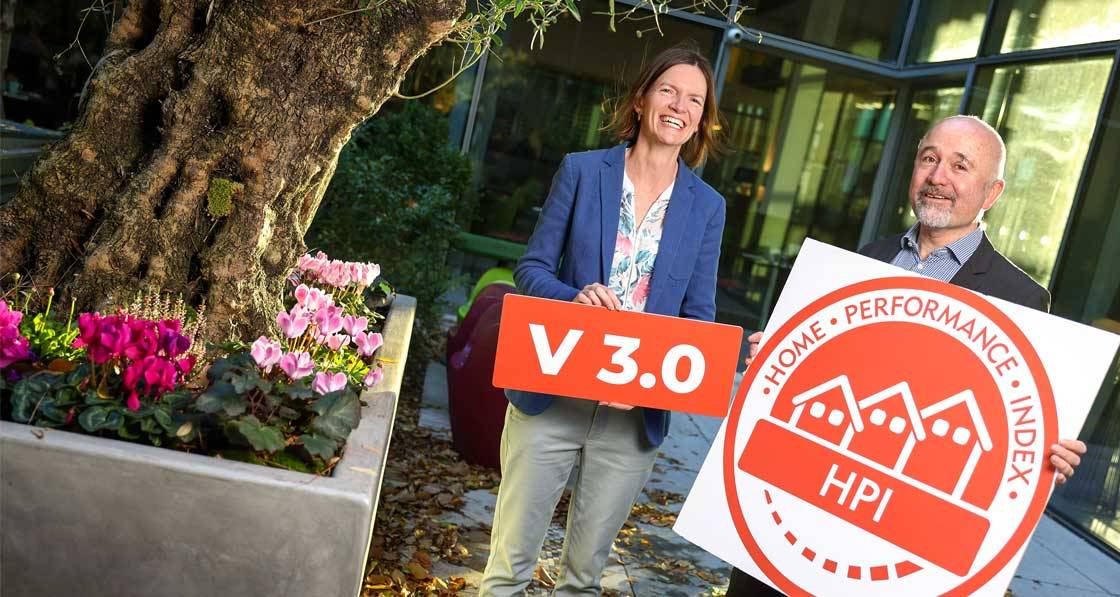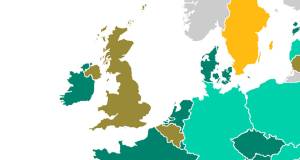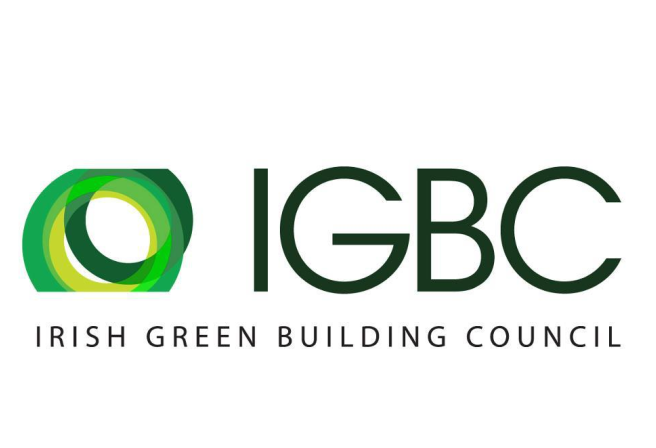
- General
- Posted
IGBC launches updated sustainable homes rating system at Better Homes 2022
The Irish Green Building Council (IGBC) today launched a new version of its Home Performance Index (HPI) sustainable home certification system at its annual residential conference, Better Homes 2022. The focus of the event was on delivering low carbon homes at scale.
According to a recent report from the Organisation for Economic Co-operation and Development (OECD), current mobility patterns are incompatible with Ireland’s climate ambitions. While electrification is necessary, it is not sufficient and rapid reductions in travel demand and shifts to sustainable modes are needed. At Better Homes 2022, panellists extensively discussed changes in development patterns required, including the need for higher density in new housing developments.
Dr Sarah Rock, lecturer in transport and urban design at Technological University Dublin, explained: "Transport is Ireland’s second highest source of carbon emissions. We tend to forget these emissions are very much linked to how well planning, urban design and transport are integrated or not. To reach our climate targets, we must plan and build low carbon and highly liveable communities. This means a much more refined understanding of density, linked with land-use and accessibility to reduce car dependency".
IGBC CEO Pat Barry added: "In a climate emergency, all new homes must be located in walkable and well-connected communities. A move away from detached and semi-detached homes to denser more compact design, including terrace homes, will also lead to a reduction in carbon emissions from both the construction and operation of new homes".
A carbon modelling report published by the IGBC last month shows that existing policies will lead to a reduction in carbon emissions associated with heating, cooling, and lighting buildings by 2030, but this could be fully negated if embodied carbon emissions remain unaddressed. Embodied carbon emissions are the emissions associated with the production of construction products, and the construction of buildings. According to the "Building a Zero Carbon Ireland" report, better design, a switch to lower embodied carbon construction materials, and innovation are key in delivering the homes we need without blowing our carbon budget.
"Embodied carbon emissions are a factor of both, the quantity of materials used and the carbon intensity of those materials," said Barry. "The advantage of focusing on better design is that it would allow more homes to be built for less cost in materials, manpower, and carbon emissions".
Speaking at the event, Minister for Housing, Local Government and Heritage Darragh O’Brien TD added: "Climate and the housing crises are two of the most significant challenges facing our country. Innovation is key and I welcome the focus of the event on this topic, as well as the work the council is doing to support the delivery of affordable, low carbon homes at scale".
To better address all the emissions associated with new developments, from building them to heating them, and accessing them, the IGBC launched today a new version of the Home Performance Index (HPI) certification.
The HPI is Ireland’s national certification for quality and sustainable housing. Besides stronger requirements on operational energy and sustainable location, version 3 of the HPI requires developers to measure embodied emissions through a whole life cycle assessment. It also demonstrates alignment with EU Taxonomy, which outlines the key criteria to be met for an economic activity to be regarded as "green", with a view to tackling greenwashing. In simple terms, the more environmentally friendly a project is, the easier it should be to obtain funding at a lower interest rate.
Lorraine Fitzgerald, head of sustainability at Glenveagh Properties said: "EU Taxonomy regulation provides an opportunity to further improve the way we build homes, and advance sustainability in the construction industry. We have already started to see the changing expectations coming through and are incorporating these into our housing projects".
The HPI was developed by the IGBC after extensive consultation with the industry, with certification based on verifiable indicators that are divided into five categories: environment, economic, health and wellbeing, quality assurance and sustainable location. It provides people with the assurance that their homes have been designed and constructed with care to ensure low running costs, enhance occupant wellbeing and minimise environmental impact. 14,000 homes have registered for certification to date.
For further information on the Home Performance Index - Version 3.0 and the "Building a Zero Carbon Ireland" report, visit www.igbc.ie.








